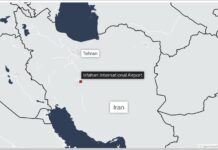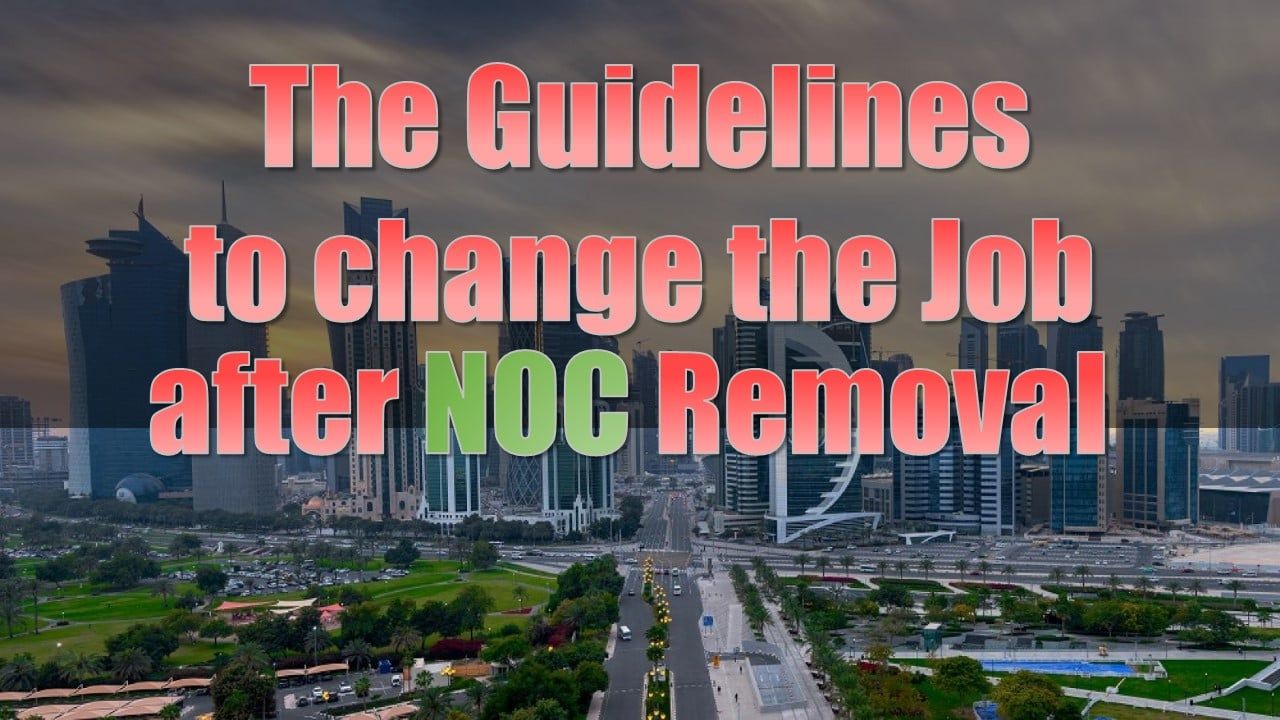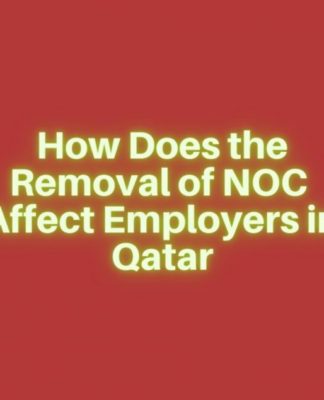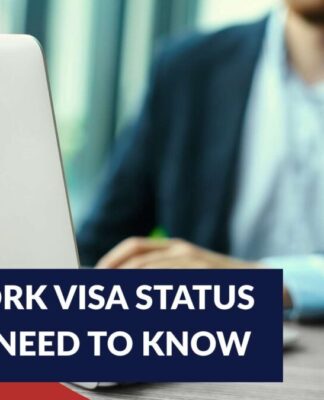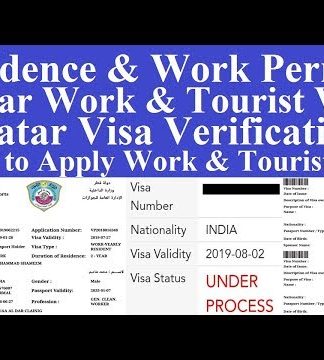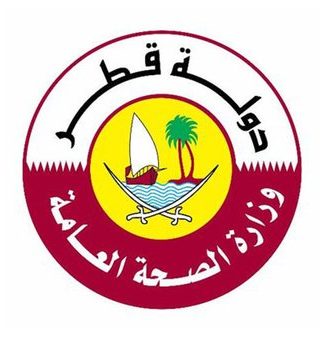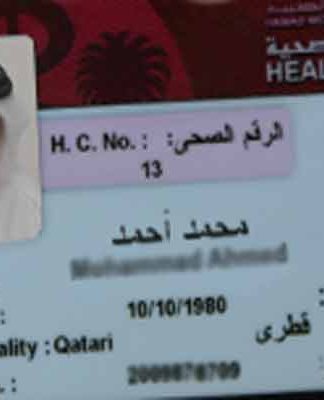Many a time, employees are forced to consent to unfair working conditions or stay trapped in a job they hate because their employer is unwilling to issue a No-Objection Certificate (NOC) essential to switch jobs. With Qatar’s latest updates to the labor law, NOC would no longer be a requisite for transfer of sponsorship. The new law also provides that the basic monthly wage should be a minimum of QAR1,000 and not lesser.
This article intends to provide further insights on how foreign employees can now switch or change jobs without obtaining NOC from their current employer.
Kafala Law
Initially known as the Kafala Law, this sponsorship law has been constantly amended, since its implementation, to favor the interests of expatriates working in Qatar. The nation started receiving global backlash for the way certain employers were exploiting the advantage of withholding their employees’ NOCs and mistreating them. The United Nations even requested to amend the law in the favor of the employees, if the law couldn’t be scraped off entirely from the immigration framework.
Over time, faced with mounting pressure from the international community, Qatar agreed to address the existing issues posed by the Kafala system. After close examination of the sponsorship law, the concerned authorities found that it had taken a toll on the lives of the immigrants. The existing Kafala system was incapable of protecting and safeguarding the interests of its workers and their dependents.
Now was the time for the nation to reform the law and protect its immigrants against wrongful exploitation. Qatar announced its decision to reform, and accepted the fact that its immigrant workers were in need of reliable working conditions, with a stable income.
Thus came into effect the scrapping of the sponsorship law.
Qatar scraps the rule mandating employers’ consent to quit or switch jobs
On 9 September 2020, Law No.17, setting a guaranteed minimum wage and scrapping off NOC mandates, was published in Qatar’s Official Gazette. This was intended to come into effect starting from October 2021. However, because of certain other provisions amended across the legislative framework during the same time frame, the law’s implementation got pushed to a later date. It is now expected to come into effect starting from March 2021 onward.
Undoubtedly, the scraping of the NOC mandate and raising the minimum wage are attractive aspects for expatriates. This newly amended law would give them the leverage to explore new opportunities and make their transition from one job to another easier.
How does this actually work?
On 5 September 2020, the Minister of Administrative Department, Labour and Social Affairs (ADLSA) issued an itinerary that needs to be fulfilled in order to change jobs without obtaining NOC from the current employer. It is a seven-step process. (Please note: The below steps are applicable only for workers employed in the private sector covered by Labor Law No.14 of 2004.)
1. Inform your employer: You need to notify your current employer about your decision to quit via the ADLSA system. However, you are required to serve the notice period based on how long you’ve worked for your current employer (for two years or less, notice period is one month and if you have completed more than two years, then your notice period would be two months).
2. Upload the necessary documents as listed below:
• ADLSA: change-of-employer form
• Copy of employment contract signed by the current employer
• Copy of new employer’s job offer (in Arabic)
• Certain specialized professions might require you to upload a certified copy of the educational certificate and a license of practice as issued by the concerned authorities
3. ADLA has to approve: Once you’ve successfully uploaded the mandatory documents as listed above, the Ministry will send a text message to your current employer informing them about your decision to quit. You would be placed under the Ministry’s assessment during this time period. Your current employer can always raise queries regarding the same via email or hotline numbers that are available.
The Ministry has appointed a special committee to look after the smooth processing of the application. Upon processing your application, the Ministry will send a text message to you and your current employer, notifying that your notice period has started.
4. The new employer comes into the picture: At the end of the notice period, the new employer should initiate the electronic employment contract on ADLSA.
5. The employee is required to sign the contract: The new employer prints the contract and has the employee sign it.
6. Uploading the contract: Next, the new employer is required to upload the signed contract to the ADLSA system; a fee of QAR60 is applicable.
7. Requesting for new QID: Once the contract is authenticated, the new employer should apply for a new QID via Metrash2. Upon completion of this, the new employer can have the employee onboard.
The new employer would issue the employee’s QID and health card.
Conclusion
So now, you have the provision to change jobs without waiting for your current employer’s approval, subject to the clause that you serve the designated notice period.
Having removed the undignified Kafala system, Qatar will now have a fair system that will be in favor of both the employee and the employer. It will further benefit employers as they can now find workers that are a perfect fit for their requirements, while workers can find jobs that are relevant to their skills and expertise.
As the Kafala system gets dismantled, the nation expects to see the preparations for the World Cup in a brighter light with happier and satisfied workers, benefitting from an enhanced work model.
National minimum wage laws
On 8 September 2020 a new law introducing the right to a new national minimum wage for all private sector workers took effect, updating the relevant parts of the Qatar Labour Law that previously applied. The rate is subject to annual ministerial review, with input to the review to be provided by a Minimum Wage Commission. The first rate will begin to apply from March 2021.
The national minimum wage requirements incorporate a basic salary as well as accommodation allowance and food allowance where those allowances are not provided for.
The current basic salary rate under the new national minimum wage law is QAR1,000 ($275) per month.
Where applicable, the minimum accommodation allowance to be provided is QAR500 ($137) per month, and the minimum food allowance is QAR300 ($82) per month.
Employers must adjust wages paid to workers in the event that they fall below the minimum rates, and must reimburse employees who are not paid a fixed wage in cases where the aggregate rate of what they earn monthly is inferior to the minimum wage prescribed.
Immigration
Decree-Law No. 19 of 2020 also introduced changes to the Qatar Labour Law and Law No. 21 of 2015 regulating the entry and exit of expatriates and their residence. It took effect on 9 September 2020.
The changes protect rights of both employers and employees and make it easier for employees to move to new employers.
Under the previous provisions, non-Qatari citizens required a ‘No-Objection Certificate’ (NOC) to be able to transfer to a new employer. The NOC had been a key component of Qatar’s Kafala framework applicable to foreign workers. Non-Qatari citizens also required an exit permit in order to take up a new job in another country.
Under the revised framework, non-Qatari citizens no longer need a NOC to change employers. They must only ensure compliance with the requirements around notice periods provided for under the Labour Law. In addition, an exit permit is no longer required when moving to a new job in another country.
Actions for employers
In light of these changes, employers will want to review and update their employment contracts and policies to ensure that they are compliant with the law and remain competitive in the marketplace.
Co-written by Ruth Stephen of Pinsent Masons.





